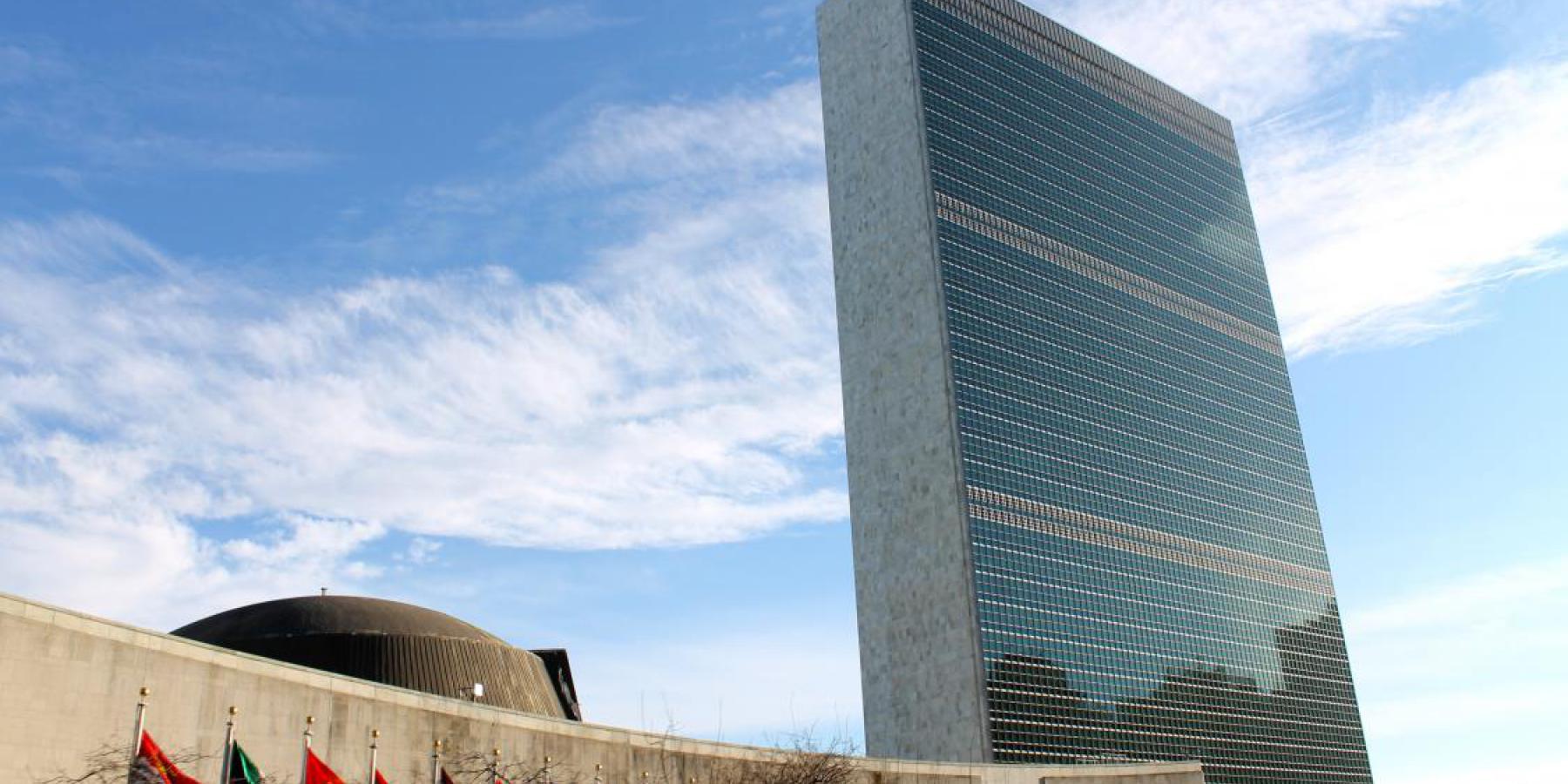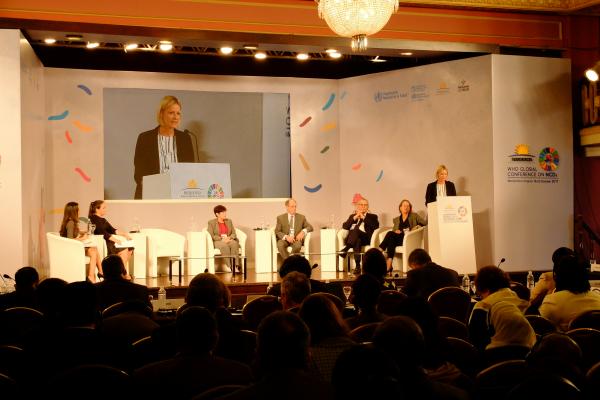The UN actively promotes good health, with the World Health Organization a cornerstone of the UN system.
The UN also supports global health through the General Assembly, the Economic and Social Council, the Joint United Nations Programme on HIV/AIDS (UNAIDS); the work of the United Nations Population Fund (UNFPA) in support of reproductive, adolescent and maternal health; and the health-related activities of child-focused UNICEF.
Additionally, the International Labour Organization (ILO), the United Nations Relief and Works Agency for Palestine Refugees in the Near East (UNRWA), the Food and Agriculture Organization of the United Nations (FAO), the International Atomic Energy Agency (IAEA), the United Nations Environment Programme (UNEP), the United Nations Office on Drugs and Crime (UNODC), and the World Bank, among others, all play a key role in promoting global health.
The UN & NCDS
2011 Political Declaration on Prevention and Control of NCDs
In May 2009, NCD Alliance launched a campaign for a United Nations High-Level Summit on noncommunicable diseases (NCDs) - with almost immediate success.
On 13th May 2010, the UN General Assembly unanimously passed a resolution on the prevention and control of NCDs, calling for a UN Summit on NCDs. Being only the second-ever UN High-Level Summit on a health issue, this decision reflected increasing recognition of the urgency and priority of addressing the growing threat posed by NCDs.
In September 2011 the United Nations convened the first High-Level Summit on Noncommunicable Diseases. The outcome of the 2011 summit was the UN Political Declaration on prevention and control of noncommunicable diseases.
While not binding under international law, an outcomes document is considered one of the most powerful tools within the UN for international cooperation and action. If commitments within an outcomes document are backed up by accountability and monitoring mechanisms, such as regular progress reviews, and the necessary resources (international and domestic), an outcomes document can be a powerful global political tool, as demonstrated by past outcomes documents on HIV/AIDS and other development priorities.
Marking three years since the UN High-level Meeting on NCDs, the 2014 UN Review in New York was an opportunity for governments, the UN system, and civil society to take stock of progress since 2011, identify gaps in action, and gather consensus on scaling up and transforming commitments into action at the national level.
The next UN Secretary-General report on progress against the 2011 and 2014 commitments is expected in late 2017 in preparation for the next UN High-Level NCD Review and Assessment in 2018.
NCDs in the 2030 Agenda
In September 2015 the United Nations General Assembly adopted Transforming our World: The 2030 Agenda for Sustainable Development, also referred to as the Sustainable Development Goals.
For the first time, NCDs are included in these goals as a sustainable development priority for all countries.
Read more.
UN Interagency Taskforce (UNIATF)
UN Interagency Task Force (UNIATF) on the Prevention and Control of NCDs coordinates activities of relevant United Nations funds, programmes and specialised agencies and other intergovernmental organisations, to support the realisation of the commitments made in the UN Political Declaration on NCDs, in particular through the implementation of the WHO Global NCD Action Plan 2013-2020.
A July 2013 resolution at the United Nations Economic and Social Council (ECOSOC) formally established the UN Interagency Task Force on NCDs by expanding the mandate of the existing UN Ad Hoc Interagency Task Force on Tobacco Control. The Task Force is convened and led by WHO, and reports to ECOSOC through the UN Secretary General.
In addition to the World Health Organisation, the NCD Alliance engages regularly with a variety of UN Agencies, including the United Nations Development Program (UNDP), the Food and Agriculture Organisation (FAO), UNICEF, International Telecommunication Union (ITU) and the International Development and Law Organisation (IDLO).
Be
He@lthy, Be Mobile, is an initiative between UN Telecommunication Development Sector (ITU-D, the UN information and communication technologies agency) & WHO which uses mobile technology to improve health. NCD Alliance is a proud partner. Read more.

